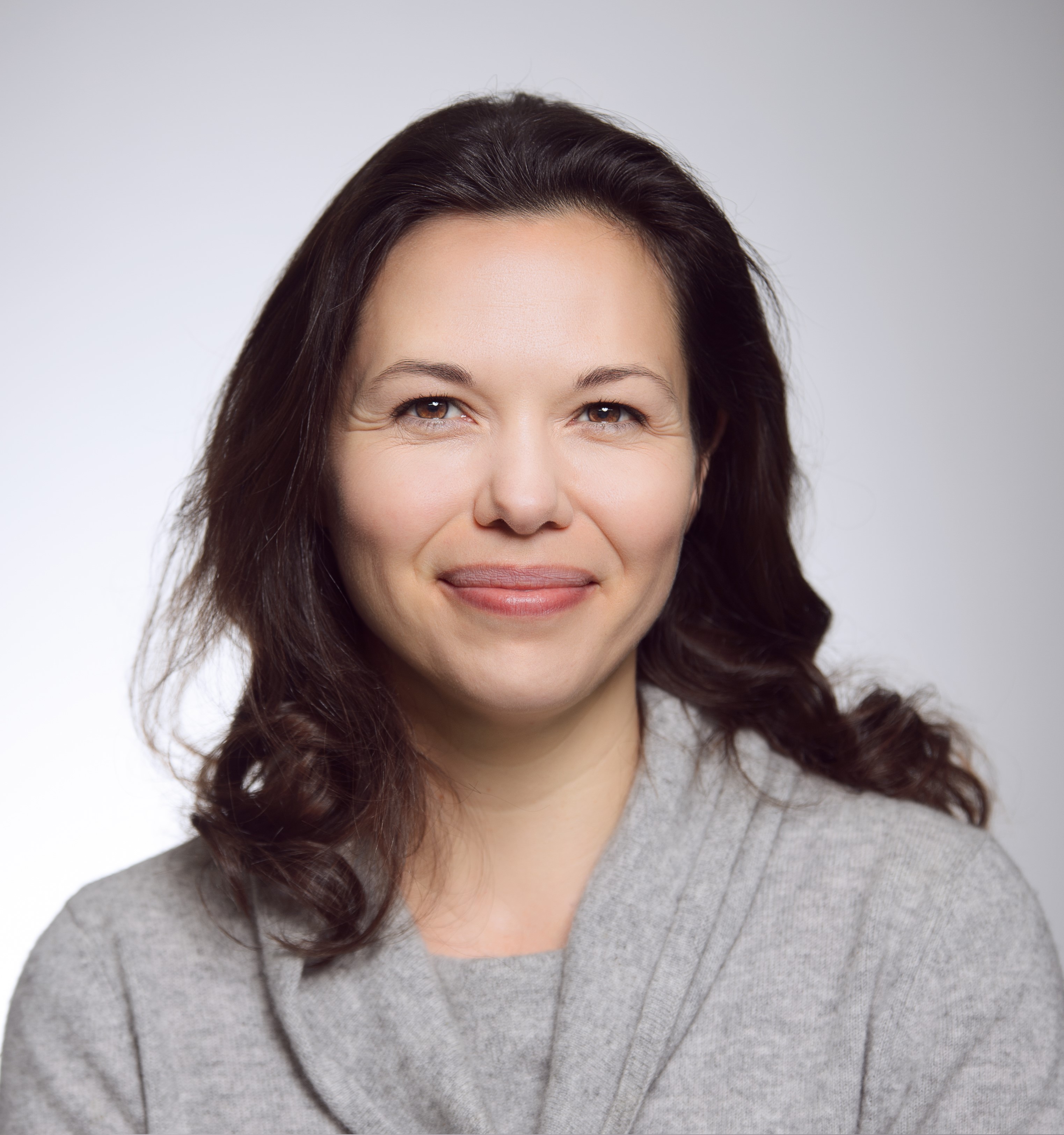Hand-Washing Wipes Away Buyer's Remorse
A vacation at the beach or in the mountains? The black convertible or the red one?
When faced with similarly attractive options, deciding either way will likely cause what psychologists call "cognitive dissonance," and the rest of us call buyer's remorse.
A new study suggests we can stop the inner turmoil simply by washing our hands.
Usually, when faced with buyer's remorse, we cope by inflating the value of the chosen option and disparaging the other one. (Beaches encourage sunburns; black is dreary.)
"This is a classic psychological finding," said lead researcher Spike Lee of the University of Michigan. "After you choose something, you like it more."
But washing your hands can relieve this tendency. "It frees people from the urge to justify their choice," Lee said, by wiping away, at least temporarily, any buyer's remorse.
The study is published in the current issue of the journal Science.
Get the world’s most fascinating discoveries delivered straight to your inbox.
The experiment
Ostensibly as part of a marketing study, 125 students were asked to rate products such as CDs and photos of jarred jam. They were then offered their choice of one of the items (their fifth or sixth favorite CD, one of two jars of jam) to take home as a token of appreciation.
Half of the subjects then cleaned their hands, either with soap or an antiseptic wipe, before all were asked to re-evaluate the item they had chosen.
Those who had not washed their hands rated the chosen item's value significantly higher than they had previously.
"But if we gave them a chance to wash their hands that effect went away," said senior researcher Norbert Schwarz, also of the University of Michigan.
Washing up, er, washed away the experience of having made a choice; the participants rated the CD or jam similarly to how they judged it before they made it theirs.
Beyond morality
Echoing centuries of proclamations from religions worldwide, previous studies have associated cleanliness with morality. For example, people who have acted unethically feel less guilty after washing up and people in fresh-scented rooms are more likely to engage in charitable behavior.
The new study adds to this growing body of research by suggesting cleanliness affects more than moral judgments.
Lee refers to it as "the clean slate effect," where cleaning removes traces of the past — both physically and mentally — and resets our self-depiction to its baseline state. (Invariably, this image is of a level-headed, fair individual.)
Washing up physically allows us mentally to "start afresh, start anew," Lee said.
It is not yet known how long the effect lasts, however. The internal conflict, whether it be guilt or buyer's remorse, may simply have to be revisited at a later date, Schwarz said.
Metaphor power
The study showcases a broader phenomenon that scientists have only recently understood: Metaphors have powerful effects on our psyches.
Previously, he said, "we didn't take bodily experience so seriously, and we thought metaphors were just about speech."
"But metaphors are actually reflections of how the human mind works," Lee said.
Our physical representations of the world are deeply entwined with our mental ones, the researchers told LiveScience. For example, being given the cold shoulder can actually make us cold. A treatise made artificially heavier by, say, inserting a metal plaque in the cover, is considered "weightier" than a physically lighter copy, Shwarz said. And one's first impressions can be influenced by the temperature of the cup in a person's hand: People seem "warmer" over hot coffee and "colder" over ice coffee.
"The sayings that we use in everyday life should be taken seriously," Schwarz said.
"Wiping the slate clean," "washing one's hands" of something or, as the song goes, "I'm gonna wash that man right outta my hair" are yes, figures of speech, but they also have real psychological consequences.
Robin Nixon is a former staff writer for Live Science. Robin graduated from Columbia University with a BA in Neuroscience and Behavior and pursued a PhD in Neural Science from New York University before shifting gears to travel and write. She worked in Indonesia, Cambodia, Jordan, Iraq and Sudan, for companies doing development work before returning to the U.S. and taking journalism classes at Harvard. She worked as a health and science journalist covering breakthroughs in neuroscience, medicine, and psychology for the lay public, and is the author of "Allergy-Free Kids; The Science-based Approach To Preventing Food Allergies," (Harper Collins, 2017). She will attend the Yale Writer’s Workshop in summer 2023.



